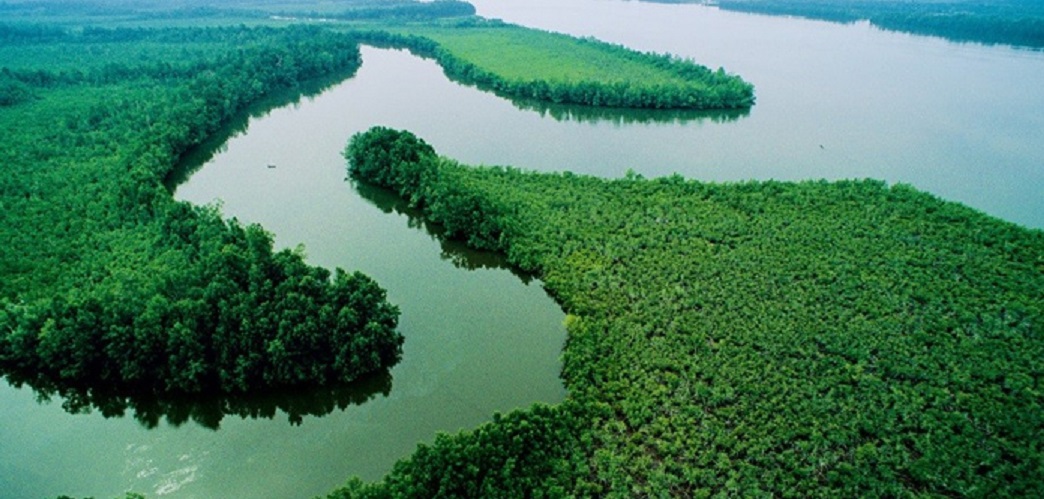It has been revealed that water sources in the Niger Delta are contaminated and therefore unsafe for drinking without proper treatment due to the presence of Polycyclic Aromatic Hydrocarbons (PAHs) from oil exploration.
According to a report of a research carried out by an environmental advocacy group, Kebetkache Women Development and Resource Centre, on the “Impact of Oil Extraction on Women’s Health in Bayelsa State”, with concentration on Otuabagi community, where the Oloibiri Oil Field was first discovered in 1956, most of the health challenges in the area are caused by the pollution.
A medical expert, Dr Bieye Briggs, who presented the report over the weekend in Yenagoa, stated that out of 16 hydrocarbons, 15 were found in the blood samples of the women of Otuabagi community, showing the negative impact of oil and gas pollution in the region.
He said the study also proved that all water sources in the community were acidic, calling on the government to conduct a health audit on the people of the region in order to iron out ways to tackle the challenges of pollution in the region.
Poly students advised to shun drugs, internet fraud
WED: Catholic JDPCI tasks FCTA, residents on tree planting, hygiene
He also stated that defecation directly into the creeks that were used for drinking increased the risk of waterborne diseases which resulted in high risk of diarrhoeal diseases and impact on child mortality.
Also speaking, the Director of Kebetkache Women Development and Resource Centre, Dr Emem Okon, said the centre hosted the report presentation to commemorate the 2024 World Environment Day which had as its theme: “Land Restoration, Desertification and Drought Resilience”, urging multinational companies to restore the ecosystem before their planned divestment.

 Join Daily Trust WhatsApp Community For Quick Access To News and Happenings Around You.
Join Daily Trust WhatsApp Community For Quick Access To News and Happenings Around You.


